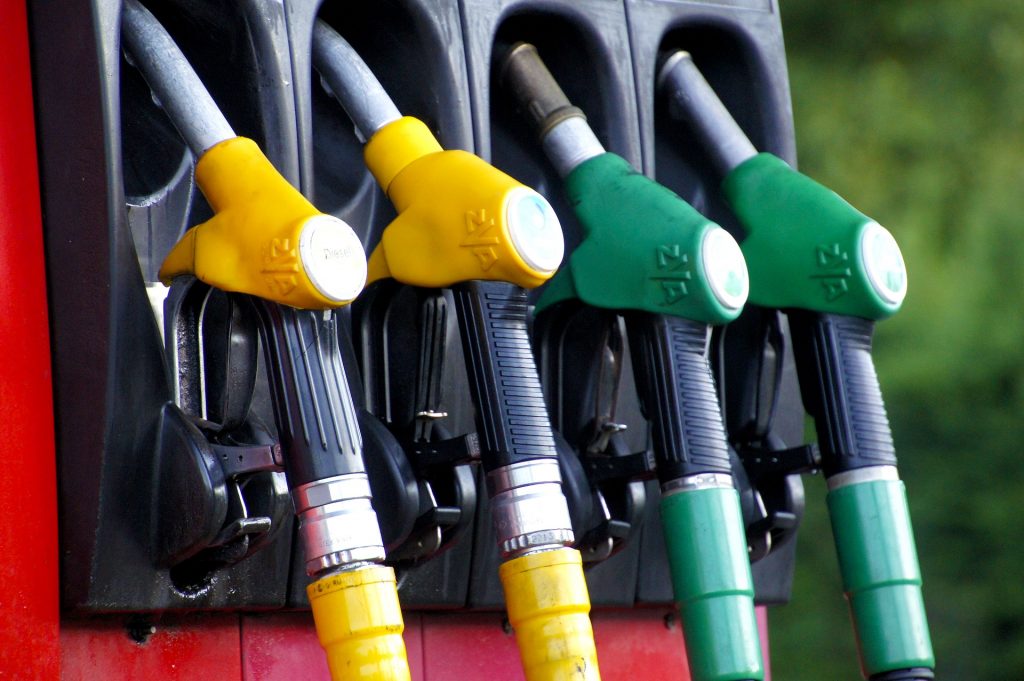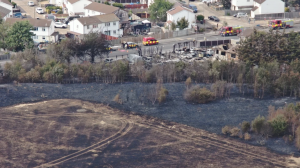UK petrol and diesel prices hit record high
The average UK petrol price has surpassed 148p for the first time, new figures have revealed.
According to the AA, petrol has jumped to 148.02p per litre on Sunday – rising above the previous record high of 147.72p on 21 November last year.
Pump costs for diesel have piled yet more misery on motorists and businesses owners as they increase to a new record high of 151.57p per litre.
“The cost of living crisis has been ratcheted up yet another notch, tightening the vice on family spending when it faces other pressures from impending domestic energy cost and tax increases,” says Luke Bosdet, the AA’s fuel price spokesman.
After pump prices last hit record highs in November, the AA polled 15,335 of its members to gauge the impact this would have on personal and family spending.
It found 43% of motorists are cutting back on care use, other consumer spending or both – hitting 59% for the youngest drivers and 53% for lower-income motorists.
Among the 8,361 people of working age (excluding those aged 65 and above), 10% were cutting back on weekly shopping, rising to 17% among 25 to 34 year olds.
RAC fuel spokesman Simon Williams said: “Petrol has unfortunately hit a frightening new high of 148.02p which takes filling a 55-litre family car to an eye-watering £81.41. With the oil price teetering on the brink of $100 a barrel and retailers keen to pass on the increase in wholesale fuel quickly, new records could now be set on a daily basis in the coming weeks.
“The oil price is rising due to tensions between Russia – the world’s third-biggest oil producer – and Ukraine, along with oil production remaining out of kilter with demand as the world emerges from the pandemic. As a result drivers in the UK could be in for an even worse ride as pump prices look certain to go up even more.
“On a positive note, retailer margins – which were the reason drivers paid overly high prices in December and January – have now returned to more normal levels of around 7p a litre. We urge the big four supermarkets, which dominate fuel sales, to play fair with drivers and not to make a bad situation on the forecourt any worse by upping their margins again.”
In recent months, motoring groups have accused fuel retailers of being quick to pass on rising wholesale costs and slow to reflect falls.
However, petrol retailers have argued that their pricing is more complicated, pointing out that their own costs – from things like wages and energy – have also shot up and been reflected in pump costs.









